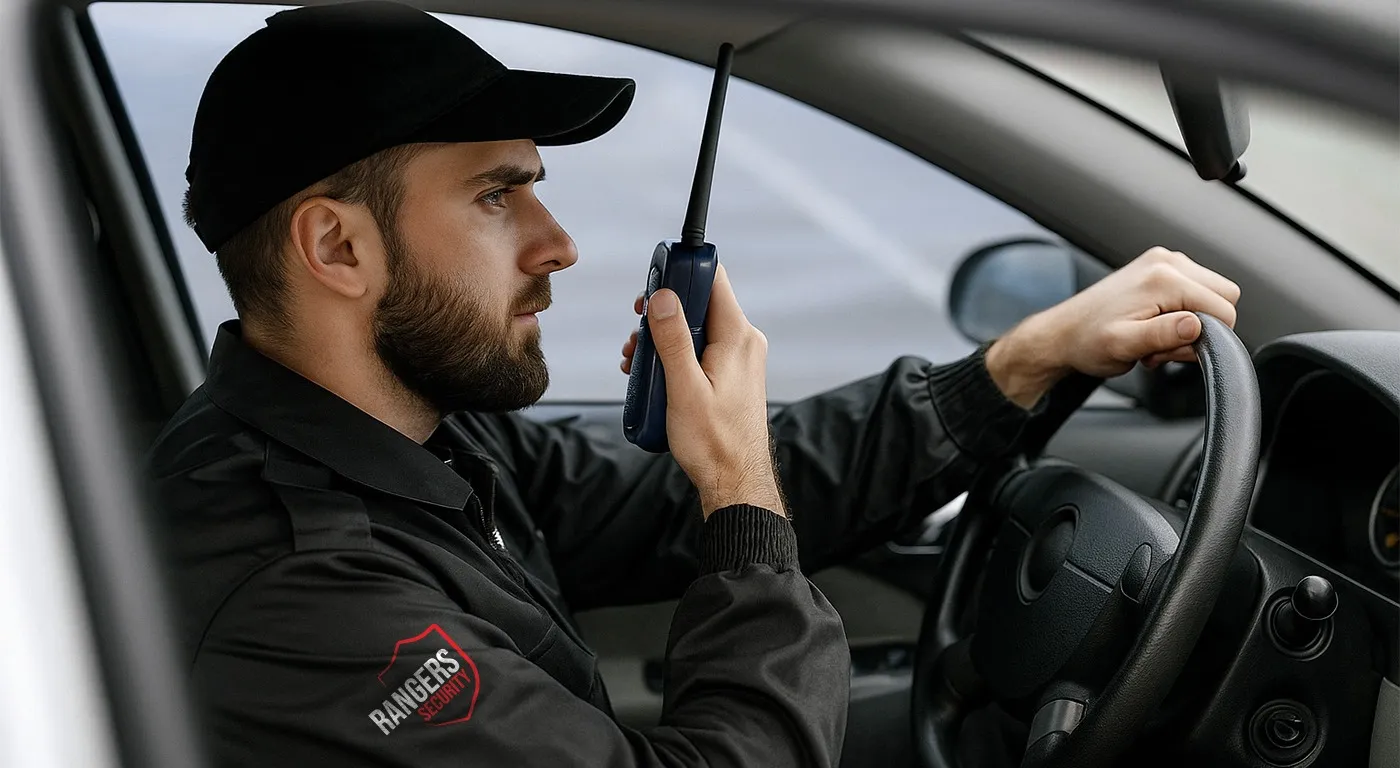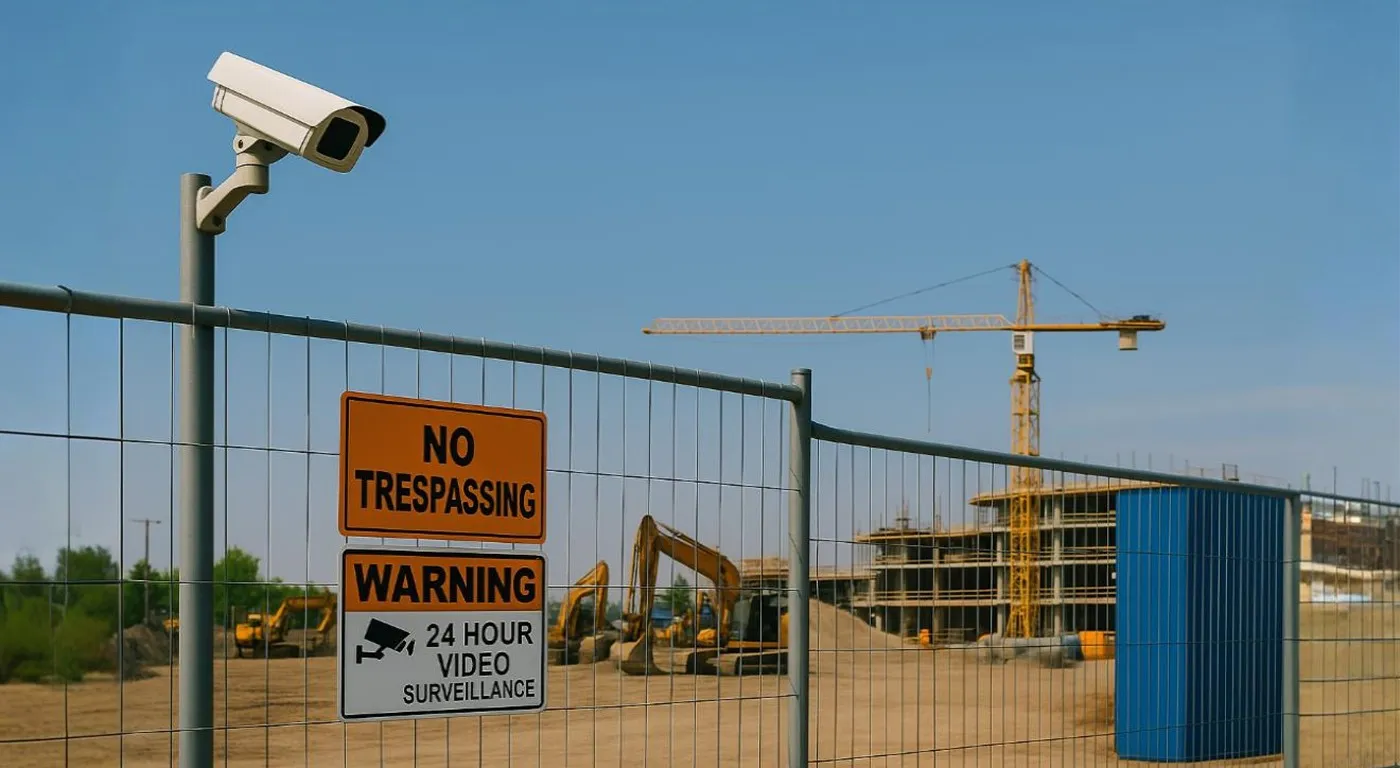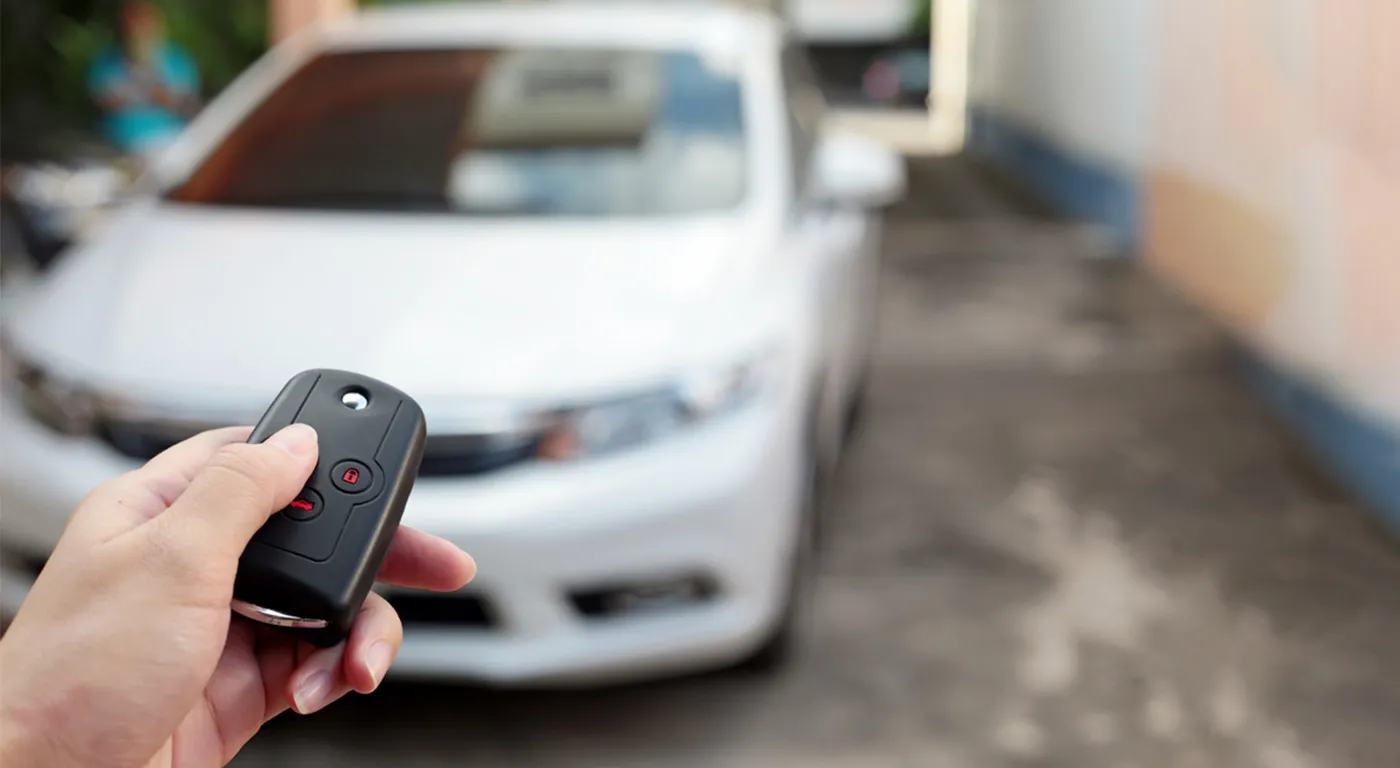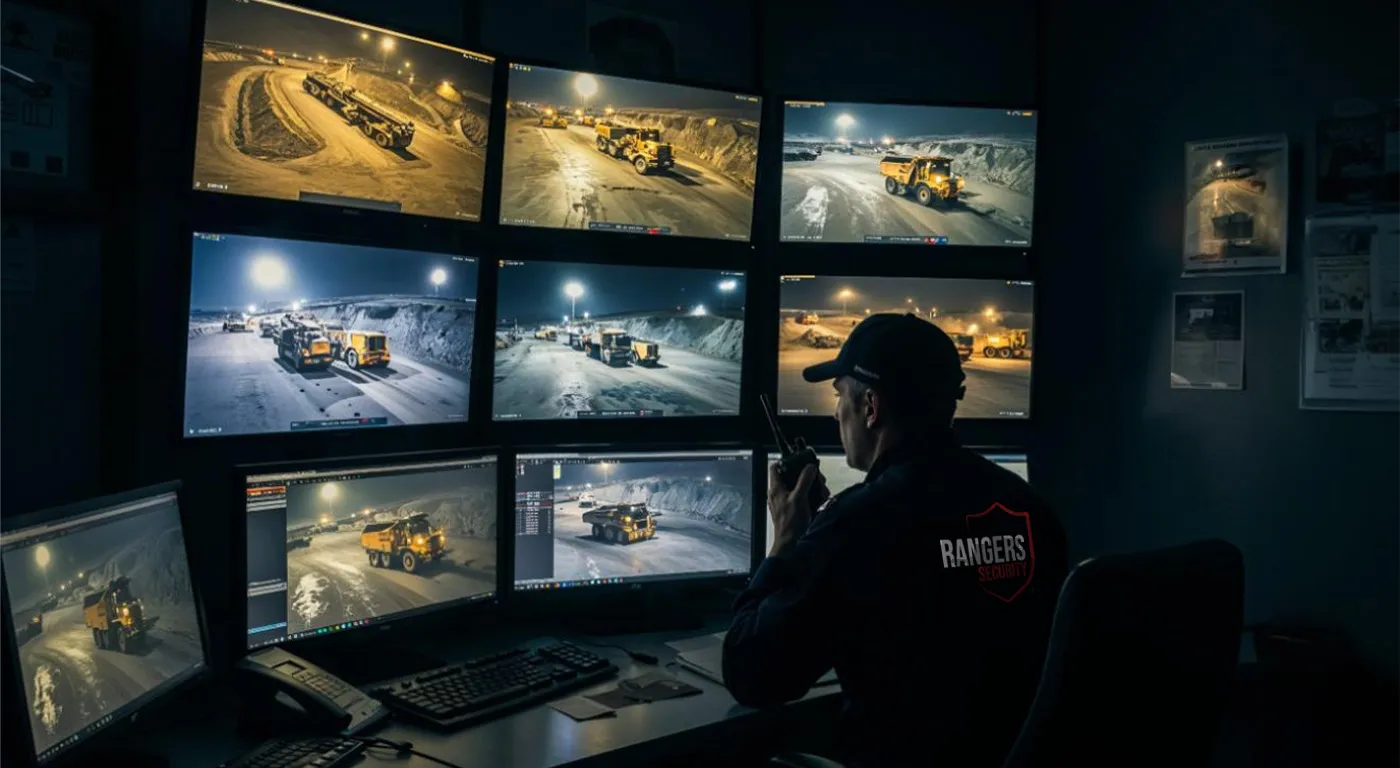
Necessary Things You Need To Know About CCTV Monitoring
By ADMIN
As people have become more safety-conscious, both homeowners and business owners have adopted security measures for their properties. CCTV security is one of the best ways to protect your home or office. However, many are still unsure about what CCTV monitoring entails and fail to distinguish it from live video surveillance. This article provides all the information you need about CCTV systems to help you select the right security solution.
What Is CCTV Monitoring?
CCTV (Closed Circuit Television) monitoring involves using video cameras to observe a specified area. Unlike broadcast television, CCTV footage is transmitted to a limited set of monitors, typically in a control room or security office. If needed, professionals can record and retain footage for future review.
Traditional CCTV monitoring functions as follows:
- Records footage for later review
- Provides visual evidence of incidents
- Serves as a deterrent to potential criminals
- Useful for investigations and insurance claims
The primary benefit of CCTV monitoring is its ability to provide visual evidence of events on your property, aiding in intruder identification, event analysis, and proof for law enforcement or insurance purposes.
CCTV Monitoring vs. Live Video Monitoring: Knowing the Distinction
While both systems use cameras, there’s a significant difference between standard CCTV monitoring and live video monitoring.
- Standard CCTV Monitoring:
Records footage without real-time oversight. It’s like a security camera that captures everything, but the feed is only reviewed after an incident. - Live Video Monitoring:
Enhances security with real-time human oversight:- Trained professionals actively monitor camera feeds
- Immediate response to suspicious activity
- Two-way audio to interact with intruders
- AI-driven alerts for unusual behavior
Live video monitoring’s key advantage is its ability to address security breaches as they happen, preventing crimes rather than just documenting them.
Key Components of an Efficient CCTV Monitoring System
An effective CCTV system, whether standard or live-monitored, requires these components:
- High-Quality Cameras:
- High-definition video (1080p or higher)
- Night vision capabilities
- Weather resistance for outdoor use
- Wide viewing angles
- Reliable Storage Solutions:
- On-site DVR or NVR systems
- Cloud storage solutions
- Hybrid systems combining local and cloud storage
Consider storage duration (typically 30-90 days) and video volume when choosing.
- Network Infrastructure:
- Strong, secure internet connection
- Adequate bandwidth for video streams
- Network security to protect footage
- Monitoring Software:
- User-friendly interface
- Secure access
- Efficient footage search
- Video export capabilities
Pros of Investing in Professional CCTV Monitoring
- Crime Prevention: Visible cameras deter criminals, reducing break-ins.
- Evidence Collection: Clear footage provides proof for police and insurance claims.
- Remote Access: Monitor your property from anywhere via smartphone or computer.
- Improved Workplace Safety: Ensures compliance with safety protocols and documents accidents.
- Insurance Benefits: Reduced premiums due to enhanced security.
Choosing Between Standard CCTV and Live Video Monitoring
Your choice depends on your needs:
- Standard CCTV is suitable if:
- You have a limited budget
- Your property is in a low-risk area
- You need video documentation for review
- Deterrence is your main goal
- Live Video Monitoring is ideal if:
- You protect valuable assets
- Your property is in a high-risk area
- Immediate response is critical
- You want to minimize false alarms
- Your business has regulatory security requirements
Common Mistakes to Avoid With CCTV Monitoring
CCTV surveillance protects your property and peace of mind. Understanding your security needs and choosing between standard CCTV and live video monitoring ensures the right solution. CCTV is most effective within an integrated security system, including alarms, access control, and lighting. A robust CCTV system is a long-term investment in property protection.
